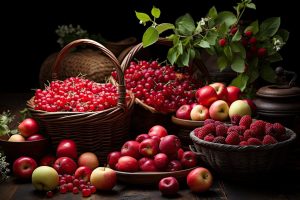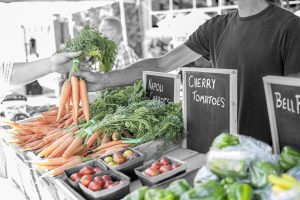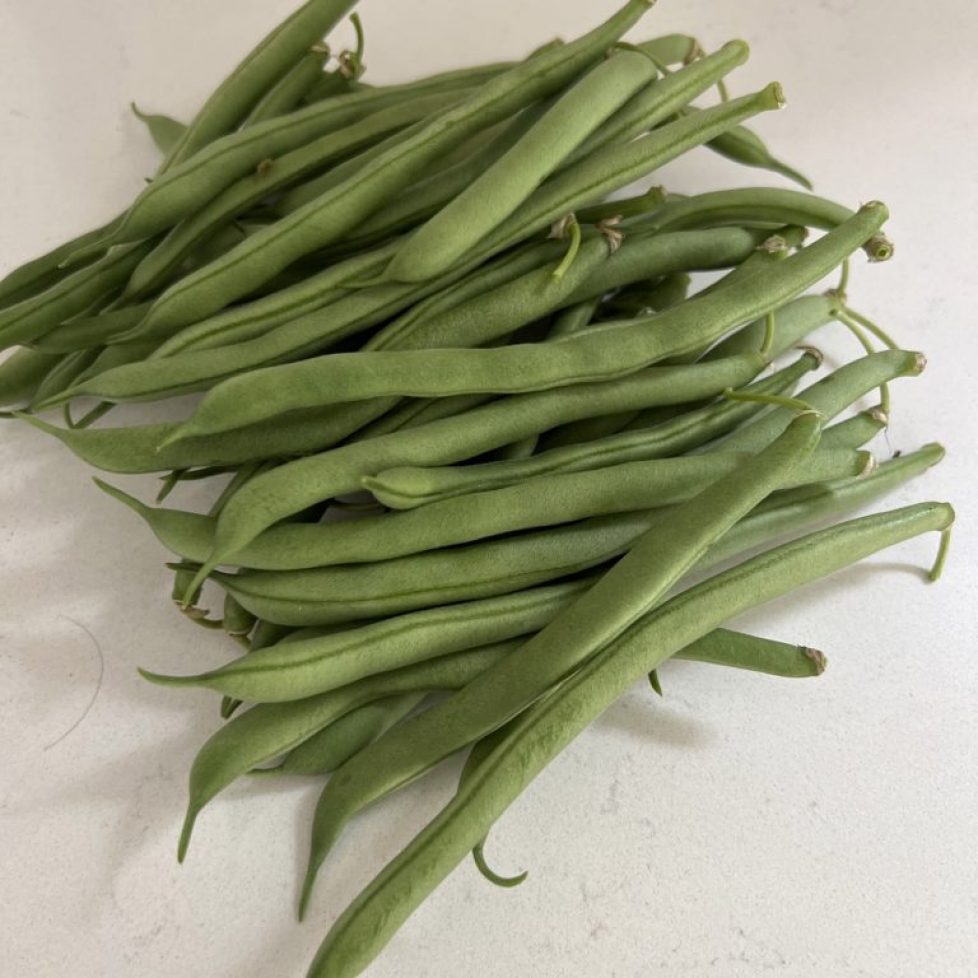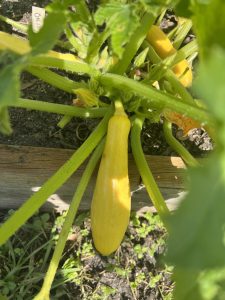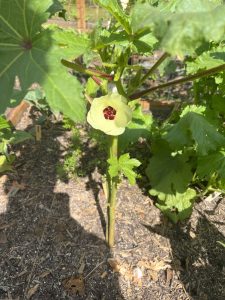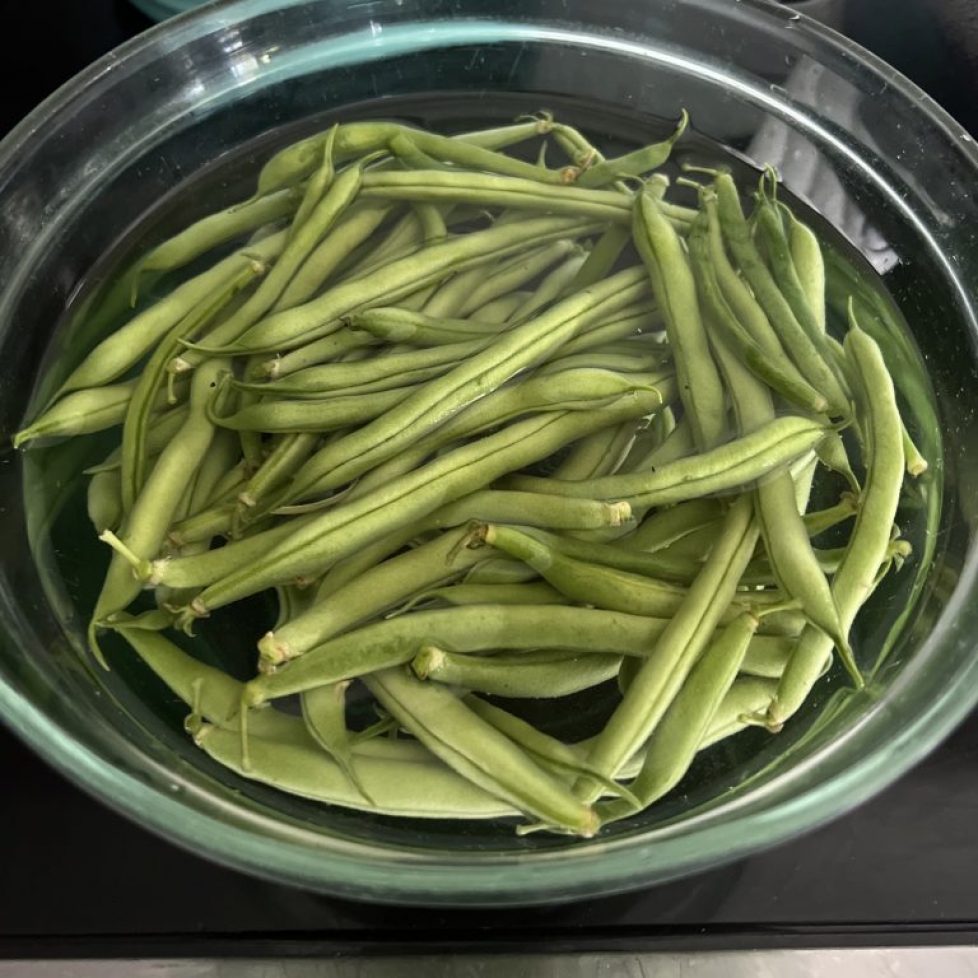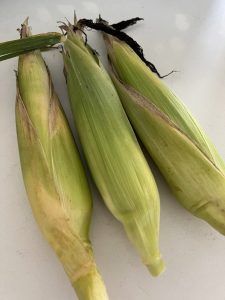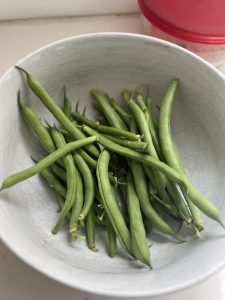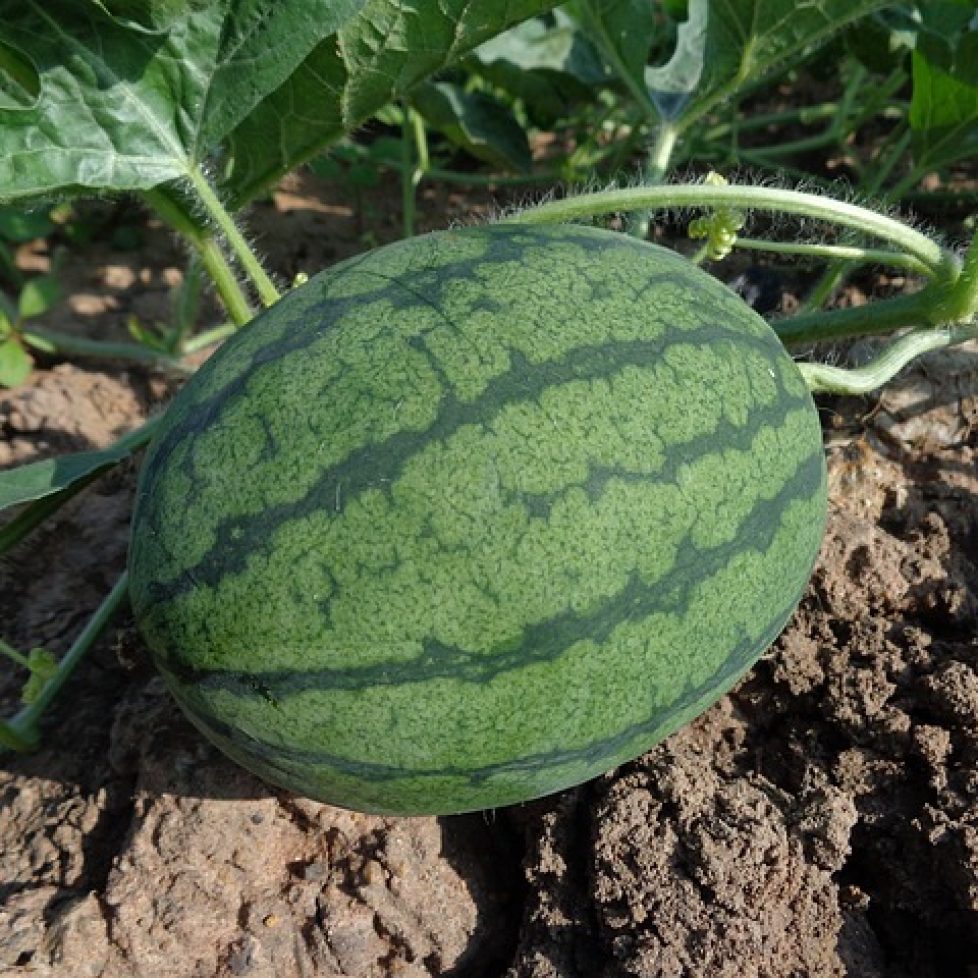🐓 Why More Central Florida Backyard Farmers Are Choosing Couture Custom Coops
If you’ve been searching for the perfect custom chicken coop for sale in Central Florida, look no further. Whether you’re raising chickens in Zephyrhills, Tampa, or anywhere in the region, Couture Custom Coops by A Proper Farm offer a smarter, safer, and more stylish solution for your backyard flock.
💪 Built for Florida Living
Florida weather is no joke—intense heat, tropical rains, and predators are all part of the deal. That’s why every Couture Coop is:
-
Double insulated (even the nesting boxes!)
-
Made with maintenance-free corrugated steel
-
Reinforced with hardware cloth to be 100% predator-proof
These coops don’t just protect your chickens—they make your life easier too.

🚜 Mobile, Functional, and Made to Order
Each coop is built on a trailer, making it easy to move around your pasture or yard for clean, fresh ground. Choose from two smart designs:
-
Our A-frame coop holds up to 40 chickens
-
The shed-style coop fits up to 25 chickens
Both come with:
-
Outside-access nesting boxes
-
No-waste, automatic poultry feeders
-
Comfortable steps up to the roost
🧹 Easy Clean-Up — No Hassle, No Smell
Keeping your coop clean shouldn’t be a chore—and with Couture Custom Coops, it isn’t. Just slide your tractor or wheelbarrow under the chicken door and sweep the bedding right out. Thanks to the deep litter method, clean-outs are simple and infrequent.
Each coop is well-ventilated, so you won’t deal with unpleasant odors. When it’s time to refresh, just add fresh wood shavings—and toss the old litter into your compost pile. The mix of bedding and nitrogen-rich chicken manure breaks down beautifully to feed your garden soil naturally.
🏡 Backyard Chicken Coops, Elevated
Whether you’re on a full homestead or just starting your chicken-keeping journey, our insulated, predator-proof, and custom-built chicken coops are designed to fit your lifestyle and last for years. No kits. No flimsy parts. Just real craftsmanship from a real farm.
🐔 Ready to Order Your Couture Custom Coop?
Your flock deserves more than a generic box—they deserve a Couture Custom Coop. Visit us today to explore your options and order a coop made just for you:
👉 aProperFarm.com/custom-coops








